New members of the Academic Council: We need to discuss reopening with first-year students in mind
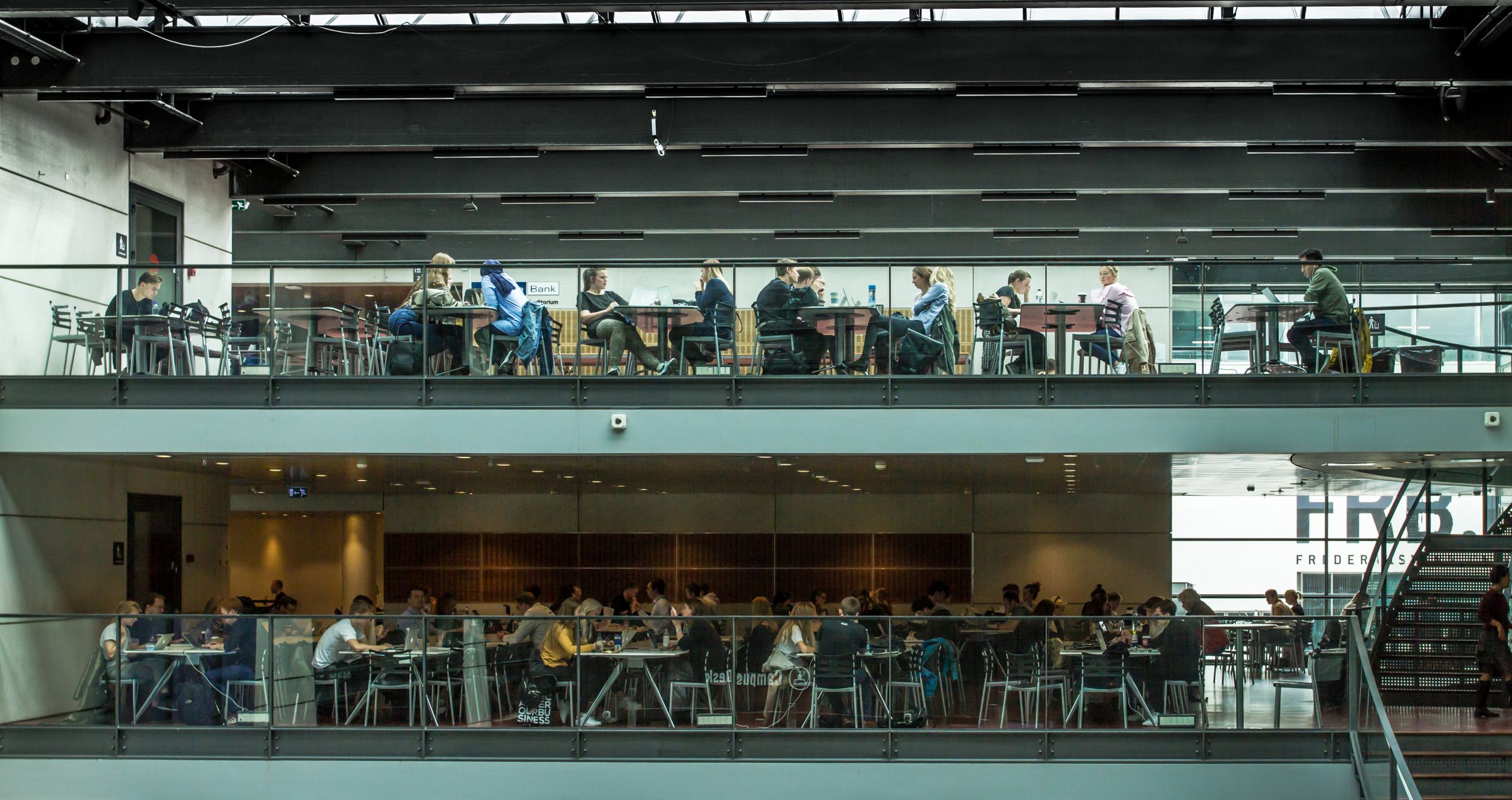
(Photo: Anna Holte)
The Academic Council now has three new student representatives. Blended learning, prioritizing language programs and students’ well-being are the issues they will be fighting for.
Emma Thorbjørnsen, Business, Language and Culture student, had two options. Either she would not engage herself in any CBS matters, or she would. She opted for the latter.
“I’m a member of my own study board, but I also wanted to join in somewhere higher up. So when I read about the position with the Academic Council, I thought ‘Yes, I’m running for it’,” she says.
And especially one thing is high on Emma Thorbjørnsen’s agenda: stopping the continued down-sizing of the language programs at CBS.
“I want to stop the cutbacks the language programs have seen in recent years. I’m attending the BLC study program combined with French, and not many people know that’s an option. And I think it should remain a possibility to study those programs at CBS,” she says.
Emma Thorbjørnsen is joined by the student representatives Helene Schulz and Tomas Vemola from the Academic Council, and together they want to make sure the students have more of a say in council matters.
“It’s great that there are three student representatives, as we can join forces on matters we all care about. Like students’ mental wellbeing or matters concerning intro,” says Emma Thorbjørnsen.
Helene Schulz has previously been part of CBS Students’ presidency, and has a thorough understanding of different issues at CBS. Her key issue on joining the Academic Council will be blended learning, something she has pushed for previously.
“After being a member of CBS Students’ presidency, I just wasn’t done with certain things. Like blended learning. We have had it on the agenda for years, so when coronavirus hit, we had to implement it all at once. Now that we, hopefully, will reopen again, I want to take into account all the things we have learned, but also focus on why on-campus teaching also matters,” she says.
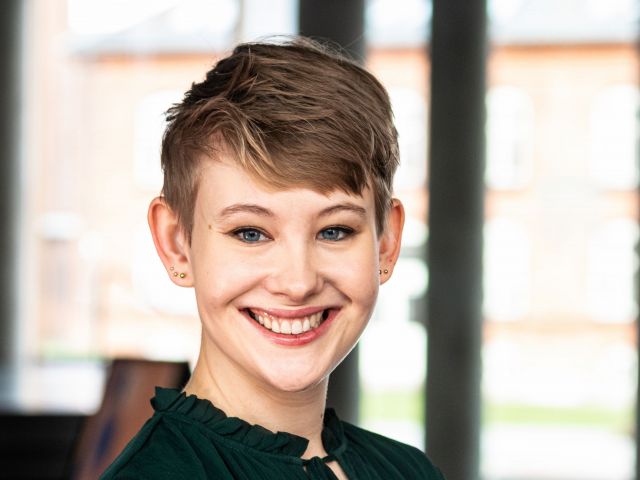
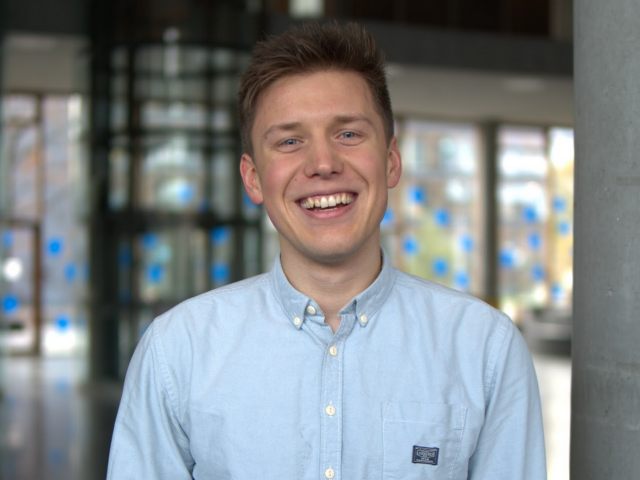
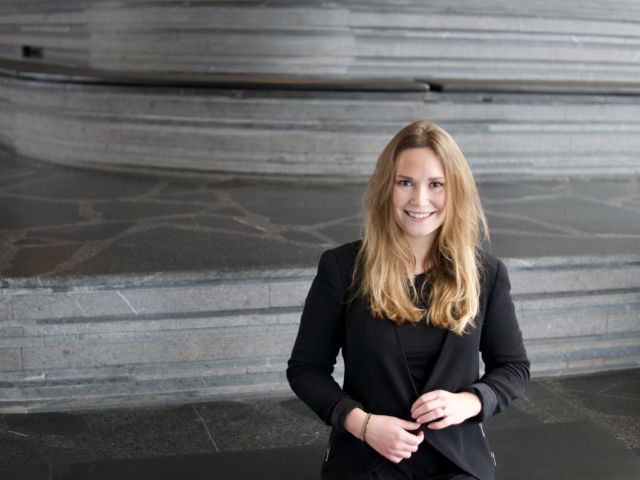
Tomas Vemola, who studies Digital Management and also has a background as a software developer, has blended and online learning among his priorities. He hopes to continue the discussion about CBS’ use of blended and online learning.
“If we consider blended learning as a one-size-fits-all solution across CBS, the student experience will inevitably suffer. Piggybacking on that is the fact that as you move more stuff online, students see each other less often, and I think the university is then responsible for supporting the students in creating a vibrant student environment,” he says and adds:
“To me it is not obvious that online teaching equals cost savings – the challenges just appear elsewhere.
Intro, intro, intro
The three student representatives will join the Academic Council for a year and attend their first meeting on Tuesday January 19. Their first task will be to all agree on what they want to bring to the table.
“We need to discuss reopening campus, especially with the first-year students in mind. They haven’t had a proper chance to create a social and academic steppingstone since they started, so it’s crucial to get them back as soon as the restrictions allow,” says Helene Schulz.
Looking ahead, Helene Schulz hopes that she and her fellow student representatives will be able to direct CBS into a future where online learning has been successfully implemented.
“I hope we can look back at 2021 and agree that we have implemented online lessons in a way that provides our students with the best possible teaching, without becoming a 100 percent online university. We simply cannot deny that online learning has its perks if you have a full-time job or are a parent. But it also has its limitations, so we need to find a good way to combine the two,” she says.
For Tomas Vemola, not only online teaching and blended learning are important. He also wants to bring up matters concerning the future of intro in the Academic Council. As he sees it, intro is not working as it should, especially not after the recent years’ intro cases.
“We must come up with a sensible way to go about resolving any problems that may come up concerning intro. What students can and cannot do during intro should be transparent and easily understandable. CBS presents itself as a prestigious university, but how the last intro cases were processed was unreasonable and unworthy of that image. Intro is an essential part of the studies, and if we continue like this, there will be no one left to organize it, because it’s not worth the ‘risk’,” he says.
Emma Thorbjørnsen says that any student is welcome to reach out to them about topics, concerns and ideas that the student representatives can bring up at the Academic Council.
“I hope we can show the students that they can have their say on how things are run at CBS, and I hope they will use us and tell us what they want,” she says.
Although CBS has more than 22,000 students, Helene Schulz believes there is a tendency to forget them.
“It is so important to have student representatives in places like our Academic Council because students’ concerns can be drowned out by research papers and collaborations with stakeholders, so we need to show them that we are here. If the quality of our studies somehow declines, they need to know that it will affect all of CBS. So they definitely need the students’ side of things,” she says.



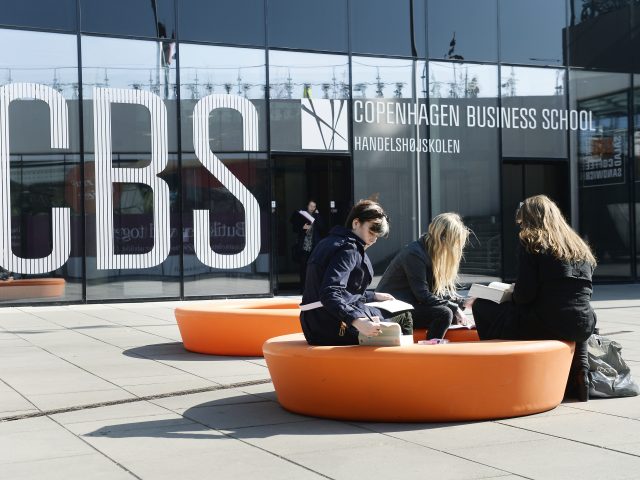
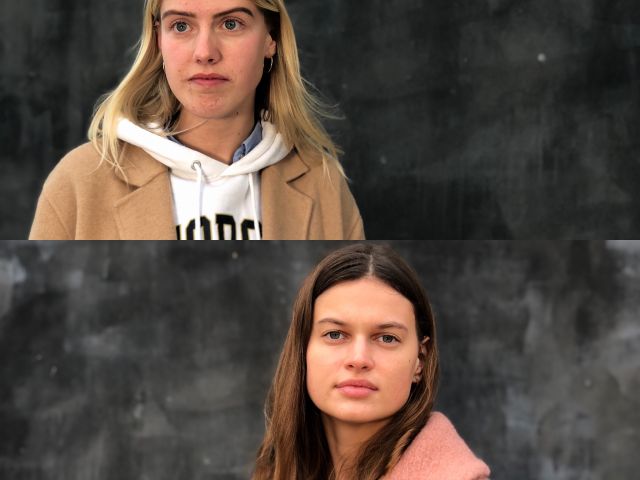

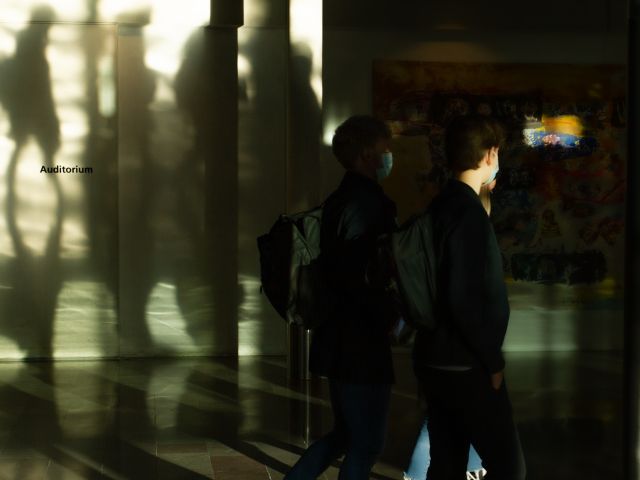
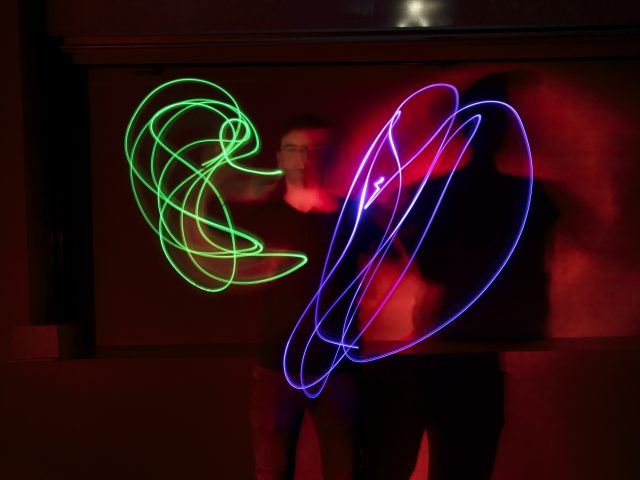
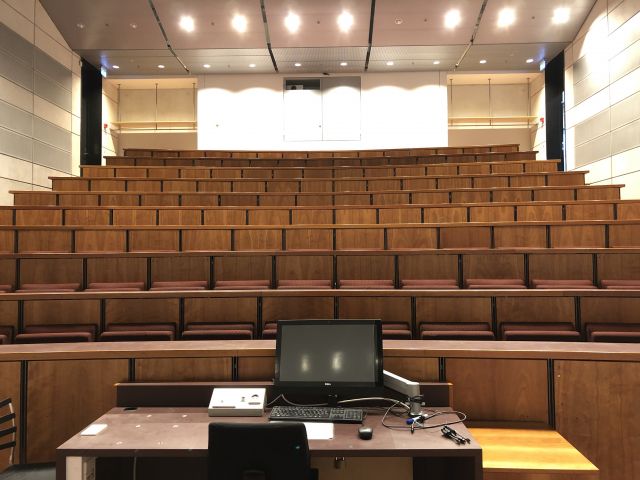
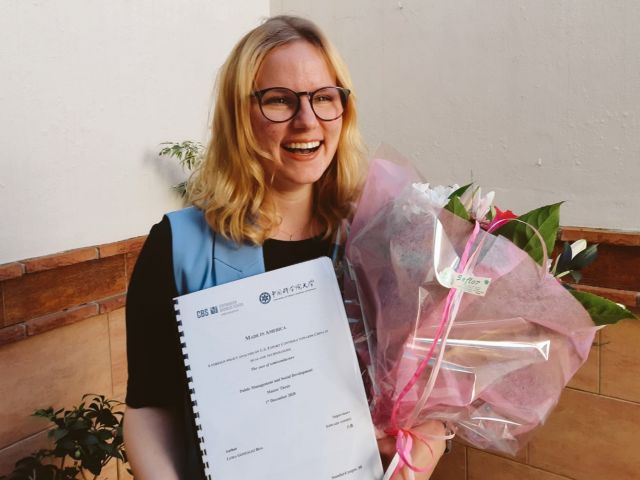





























































































































Comments